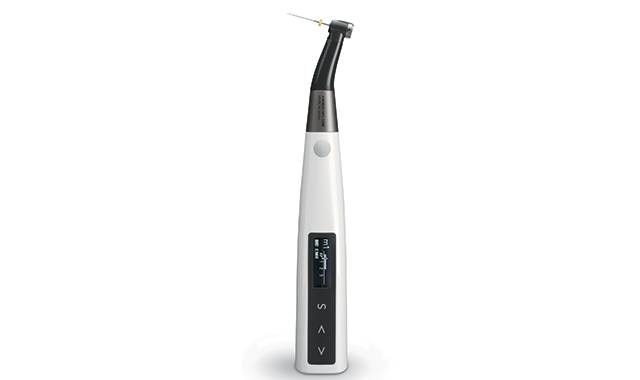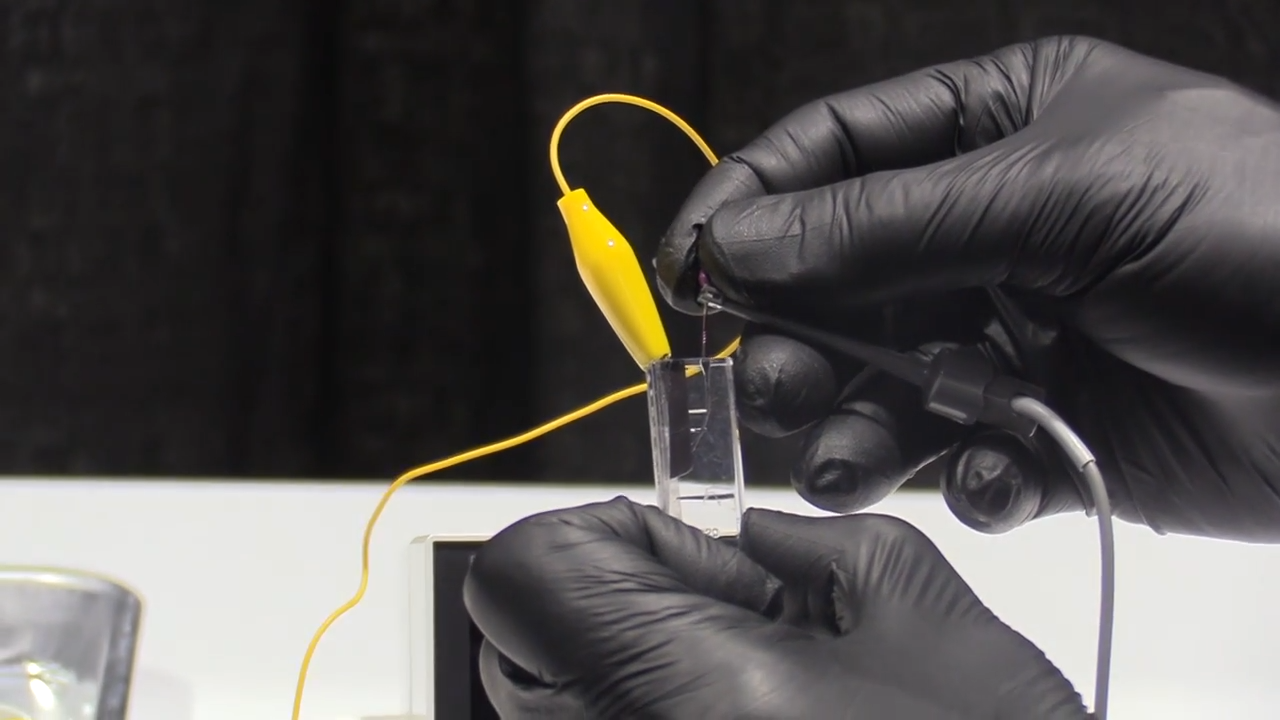How to improve endo procedures with the Tri Auto ZX2
How this cordless handpiece simplifies procedures for both general dentists and endodontists

Dr. Aaron Welk has used cordless handpieces in his office for 16 years, which is the same amount of time he’s been an endodontist. He recognized the benefits these handpieces bring early on and has used a variety of models over his career - the most recent being the Tri Auto ZX2 from J. MORITA.
Dr. Welk incorporated this handpiece into his practice in April and said he “couldn’t wait to get his hands on it.” He appreciates a variety of the handpiece’s features, including the OTR technology that helps reduce the possibility of files separating or breaking.
“If too much resistance is applied while the file is engaging the tooth or the root canal, it will automatically reverse,” Dr. Welk says. “That helps minimize the risk of files wedging in complex canal anatomy and excessive torque. The handpiece also has a smooth operation. Because it’s electric, the handpiece is very quiet, which is nice for both the operator and the patient.”
Related reading: 5 ways to simplify pulp capping procedures
Benefits for the clinician and patient
The Tri Auto ZX2 comes with a variety of advanced features, including a built-in apex locator. Dr. Welk is able to use the apex locator as a standalone or while the file is inside the tooth, allowing him to determine the working length while he’s actually using the handpiece. There’s also an auto feature that allows for auto start when the file is placed in the canal and auto stop when the file is approaching the end of the root canal.
Another feature, known as the Optimum Glide Path (OGP), makes it possible to use the apex locator to determine the pathway, Dr. Welk says. It has a forward and reverse rotation that mimics watch winding and balanced force motions, allowing him to navigate the canal path as if he were using the hand file.
“This is useful when combined with the apex locator to determine the initial working length in a predictable and efficient manner,” Dr. Welk says.
The handpiece is also well balanced and easy to use, he says. Some handpiece models allow you to detach the contra angle and change the position when needed. The Tri Auto ZX2 actually rotates and glides, enabling clinicians to adjust the contra angle while it’s still on the handpiece. This is especially useful when slight adjustments are needed while working inside the tooth.
Dr. Welk also likes the fact that the handpiece is cordless. It’s easy to transport between operatories, which is useful for dentists with multiple offices. It also can hold a charge for a week or more, even when used for multiple cases a day.
All of these features combine to make a product that improves efficiencies and saves time chairside, Dr. Welk says.

“This handpiece allows me to efficiently clean and shape the root canal in a very smooth and easy manner. It reduces operator fatigue, which is one of the main benefits of a rotary handpiece,” he says.
Not only will patients benefit from getting a quality shaped root canal, but the process won’t be as stressful. An additional feature is the ability to adjust the handpiece’s operation (beeping) volume.
“Most patients know what an electric toothbrush looks like and that’s exactly what this handpiece looks like,” Dr. Welk says. “It’s non-threatening, and that’s a huge benefit.”
More from the author: Taking composite materials to the next level
Why GPs should invest in the Tri Auto ZX2
Even for clinicians who don’t have a lot of experience with endodontic procedures, this handpiece is easy to use, Dr. Welk says. It features pre-programming for different stages of root canal treatment as well as five different operation modes for canal shaping and root canal measurement.
“You can follow the guide in the operator’s manual and as you get more comfortable with each mode, you can decide if you want to customize to better suit your approach to root canal treatment,” Dr. Welk says. “I’ve always been an advocate of these handpieces and the Tri Auto ZX2 is a great technology to have in your armamentarium, whether you’re an endodontist or a general dentist doing endodontic procedures.”










